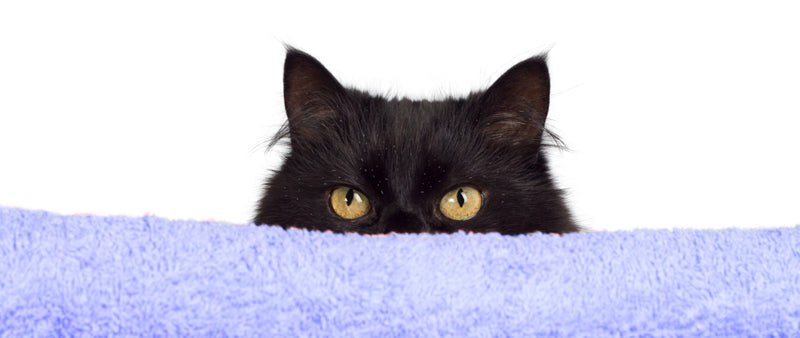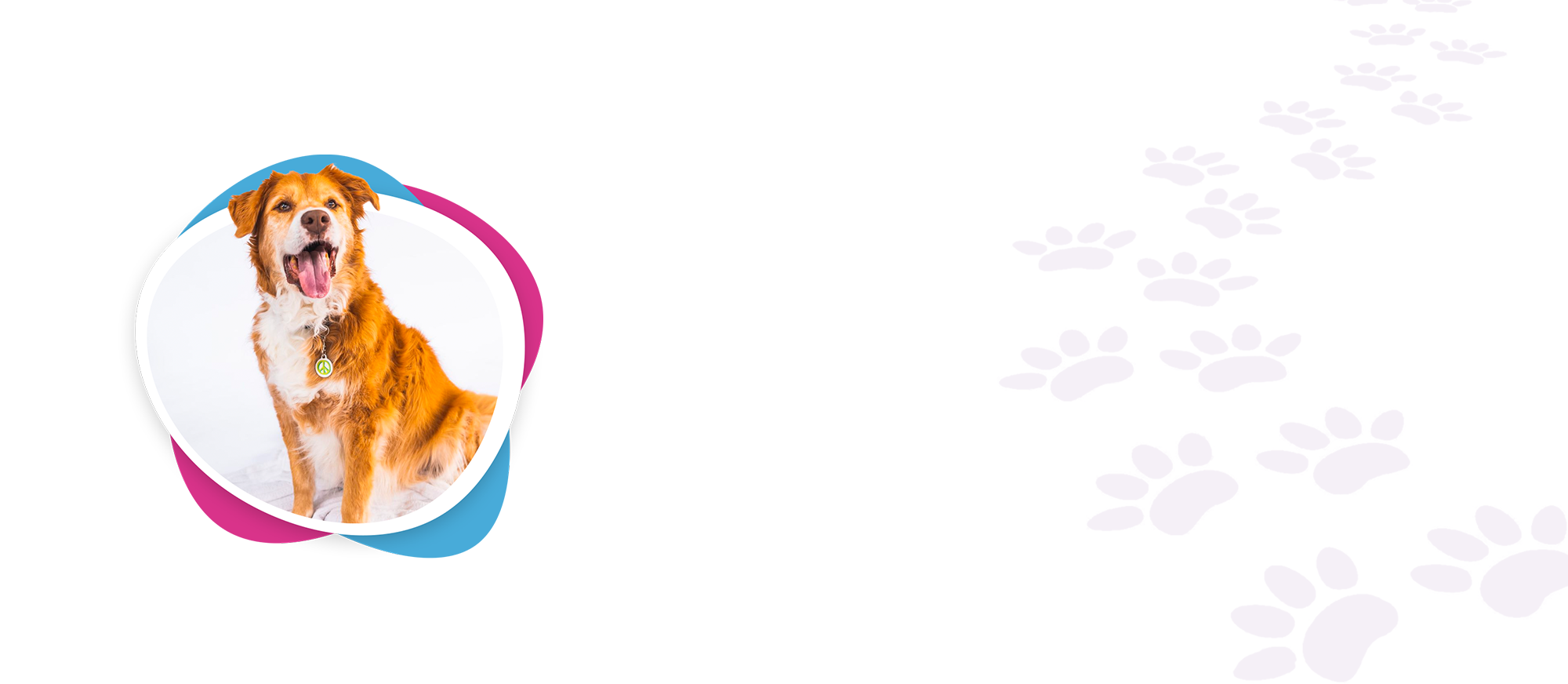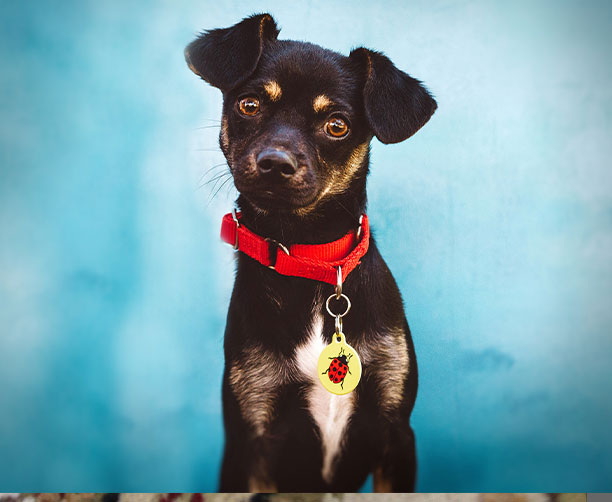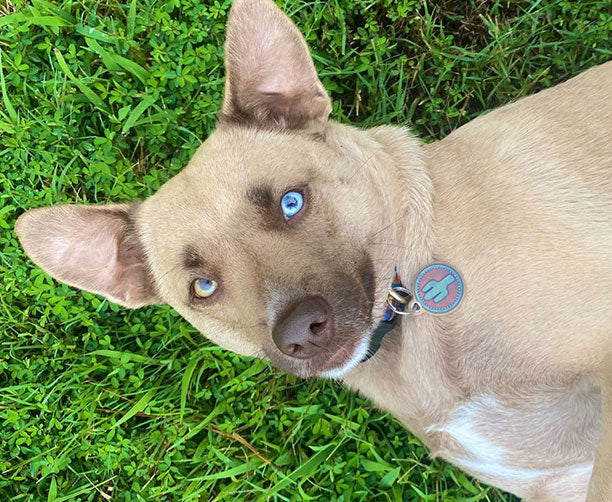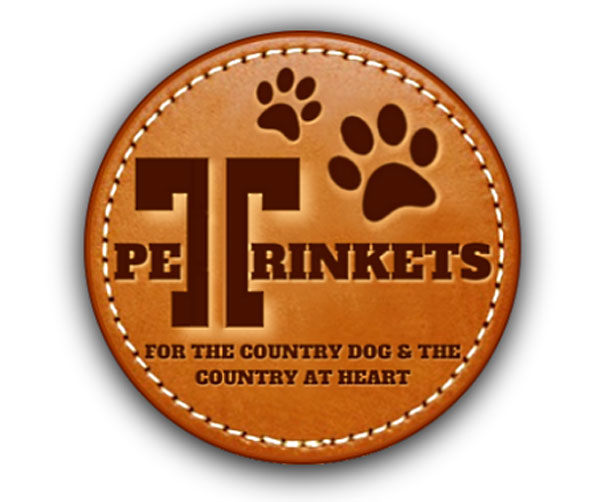Grooming your dog is not always a pleasant experience. A shiny coat and manicured paws are definitely a more glamorous aspect to this process, but there are also, less fashionable routines that are very important for your dog’s appearance and overall health. One of these is the act of expressing dog glands in the anal vicinity.
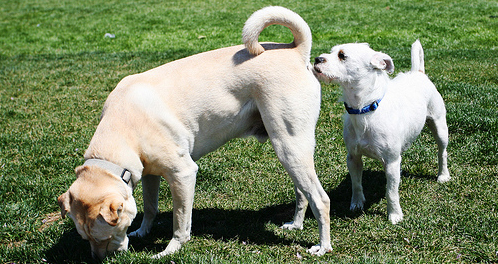
Grooming your dog is not always a pleasant experience. A shiny coat and manicured paws are definitely a more glamorous aspect to this process, but there are also, less fashionable routines that are very important for your dog’s appearance and overall health. One of these is the act of expressing dog glands in the anal vicinity.
When a dog defecates, the glands on either side of their anus express a fluid along with their stool. This secretion has a unique odor for every dog and accounts for why dogs sniff each other in that particular area when they first meet. These glands can become impacted or backed up. When this happens you might notice any of the following signs:
• increased biting or licking of the tail or anus
• scooting or dragging the butt on the floor
• increased amount of chasing the tail
• a swollen or irritated backside
When your dog is showing signs of these symptoms, there is a good chance that their anal glands may need to be expressed. It is a process that you can do yourself, as a dog owner, or you can also seek the aid of a professional groomer or veterinarian. If no action is taken, then the possibility of an abscess or infection is greatly increased.
If your dog is suffering from repeat bouts of an impacted anal gland it is a good idea to change their diet to one that contains more fiber. This will add bulk to their stools and aid in the natural process of gland expressing. If the problem is very severe than another alternative is to have their anal glands removed altogether.
Below are two practices commonly used for expressing dog glands.
Expressing Dog Glands Externally
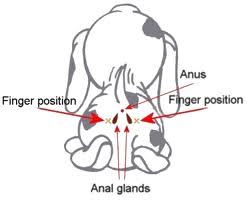
First, get your dog’s tail out of the way by carefully pulling it back toward their head with one hand. Have a paper towel or tissue ready in the other hand. Next place your forefingers at the 8 o’clock position and your thumb at the 4 o’clock position just below the anus. The anal glands are small bumps underneath the skin and you should be able to feel them. Firmly press inward and squeeze your fingers together over the glands to drain any fluid.
Expressing Dog Glands Internally
This process is a little more “intrusive” and unpleasant. It involves inserting a finger into your dog’s anus and internally massaging each anal gland between your thumb and forefinger. You should definitely consult your veterinarian for more specific instructions that are tailored to your particular breed and size of dog. This will help you avoid damaging any fragile tissue inside your pet.
 |
If you choose either of the methods above, be sure to get a brief tutorial from a professional groomer or veterinarian. They should have no problem going over the proper technique with you and answering any questions that you may have. This is a very sensitive and delicate part of your dog’s anatomy and it requires care and attention when dealing with this at home. However, it is not an overly complicated practice and it can relieve discomfort in your pet. Expressing dog glands is an important part of the grooming regimen and is a crucial step in keeping that furry friend healthy and happy. |
| Impacted anal glands are a very common issue in the dog community and Russ Barker decided to write an article covering the basics of expressing dog glands. Russ is a world famous blogger for DogTagArt.com which is comprised of an active group of pet lovers who always have pet safety and style in mind. Dog Tag Art offers uniquely wonderful pet ID tags which provide customers with a chance to enhance their pet's personality. These essential personalized pet tags make a fashion statement while keeping your pet protected in case they ever wander off. |


